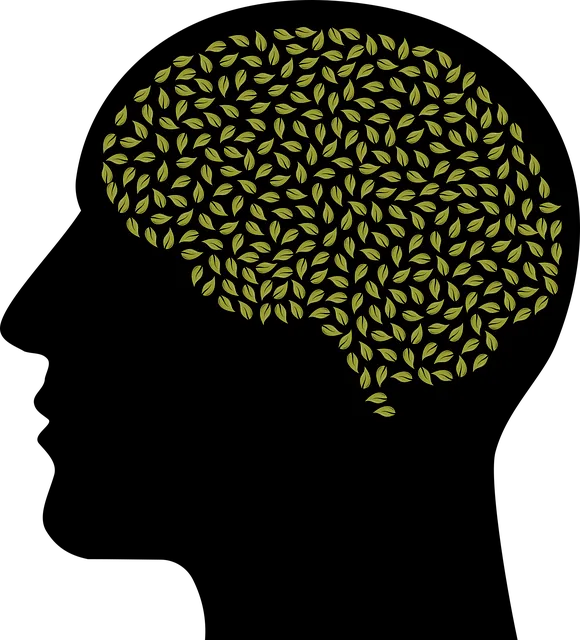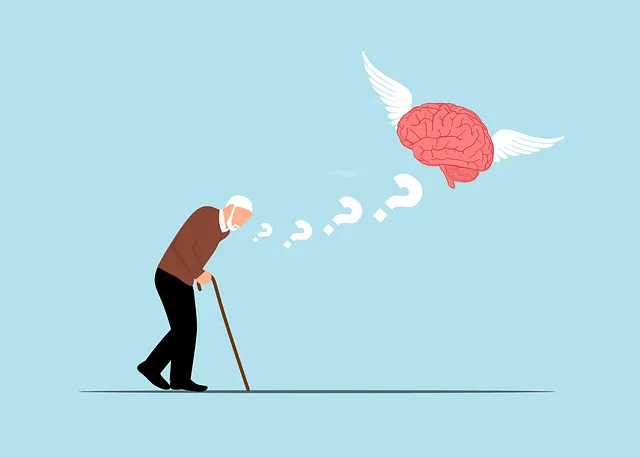Mental wellness journaling, accessible through platforms like Lafayette and Kaiser, offers powerful tools for personal growth and self-reflection. Both Lafayette's beginner-friendly interface based on Mind Over Matter principles and Kaiser's extensive coaching programs cater to diverse needs, enhancing mental health management. Effective journaling techniques, backed by research on Lafayette's impact, improve emotional processing, trigger identification, gratitude, and overall well-being, ultimately promoting resilience and mental wellness. While Lafayette suits beginners, Kaiser appeals to those seeking comprehensive support for mental health initiatives.
Mental wellness journaling is a powerful self-care practice, offering individuals a safe space to reflect and process their thoughts. This article guides you through the art of journaling as a tool for enhancing mental wellbeing. We explore different techniques and platforms, including a comparison between Lafayette and Kaiser, to help you decide which suits your needs best. Discover how consistent journaling can unlock insights, promote clarity, and contribute to a healthier mind.
- Understanding Mental Wellness Journaling: Unlocking Self-Reflection
- Lafayette vs Kaiser: Which Platform is Ideal for Tracking Mental Health?
- Effective Journaling Techniques to Enhance Mental Wellbeing
Understanding Mental Wellness Journaling: Unlocking Self-Reflection

Mental wellness journaling is a powerful tool for self-reflection and personal growth. By dedicating time to write down thoughts, emotions, and experiences, individuals can gain profound insights into their mental health and overall well-being. This practice allows one to unlock their inner world, explore complex feelings, and cultivate a deeper understanding of themselves. It’s similar to how the city of Lafayette, known for its vibrant mental health community, serves as a hub for various compassion cultivation practices, providing resources and support for residents’ mental wellness.
Just as a well-produced Mental Wellness Podcast Series can guide listeners through different aspects of mental health, journaling encourages individuals to navigate their inner landscape. Through regular reflection, one can identify patterns, triggers, and sources of stress or joy. This practice fosters mindfulness, enabling people to become more aware of their thoughts and emotions. By embracing this self-care ritual, individuals can make informed decisions about their mental health, much like Kaiser’s comprehensive approach to caring for the mind and body, ensuring a holistic treatment experience.
Lafayette vs Kaiser: Which Platform is Ideal for Tracking Mental Health?

When it comes to tracking mental health, both Lafayette and Kaiser offer robust platforms with unique features. Lafayette stands out for its user-friendly interface designed around Mind Over Matter principles, making it ideal for beginners and those seeking a simple yet effective way to journal their thoughts and emotions. It encourages consistent use through engaging features that promote positive thinking.
On the other hand, Kaiser provides an extensive suite of mental wellness coaching programs development tools, catering to users who desire more structured support. With access to professionals, Kaiser offers a comprehensive approach to mental health tracking, encompassing various aspects such as mood monitoring, stress management, and personalized strategies for improving overall well-being. While it might be more complex than Lafayette, Kaiser is excellent for those committed to delving deep into their mental wellness journey.
Effective Journaling Techniques to Enhance Mental Wellbeing

Effective journaling techniques can significantly enhance mental wellbeing, as demonstrated by various studies on Lafayette is Kaiser good for mental health. One powerful method involves reflecting on your day, noting both positive and negative experiences. This practice fosters self-awareness exercises, allowing you to process emotions, identify triggers, and cultivate gratitude. By reviewing your thoughts and feelings, you gain valuable insights into your mental health status and can proactively work towards self-esteem improvement.
Additionally, setting specific and achievable journaling goals can boost engagement. For instance, focusing on a particular theme each day or week—like emotions, achievements, or lessons learned—helps maintain consistency. Incorporating creative elements like drawing or collage can also make the process more enjoyable and expressive. Regularly engaging in these mental health awareness practices not only improves self-understanding but also strengthens resilience and overall mental wellness.
Mental wellness journaling is a powerful tool for self-improvement, offering individuals a chance to track their emotions and thoughts. After exploring various platforms like Lafayette and Kaiser, it’s evident that both have their merits in monitoring mental health. Effective techniques include setting consistent writing goals, utilizing prompts for guidance, and reflecting on patterns. By integrating these practices into daily routines, individuals can enhance their mental wellbeing and cultivate a deeper understanding of themselves.






